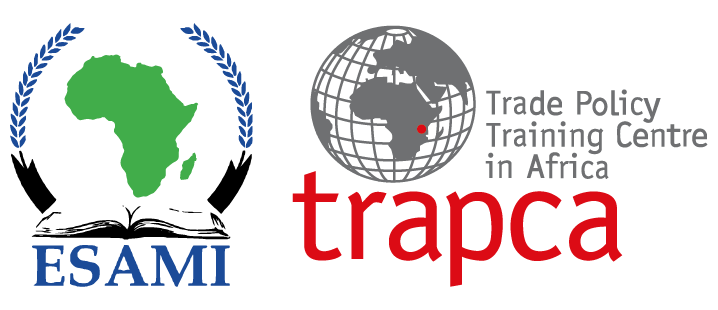Statement of need
The recognition of trade finance as one of the seven clusters of the African Union’s BIAT program highlights the universality of Africa’s embrace of trade finance and the need for interventions to facilitate the creation of opportunities for African businesses, the financial sector in general and regulators. Notwithstanding this, capacity deficits in the area of trade finance among financial institutions, regulators, importers and exporters remain one of the limitations to harnessing benefits presented by the elimination of trade barriers. Therefore, practical challenges arising from an inability to provide and secure fitting trade finance solutions to enhance the movement of, and payment for goods from one country to another remain one of the greatest hurdles. In addition, importers and exporters as well as financial institutions are simultaneously subject to numerous risks related to differing legislation, customs, security, and practices in these countries.
Consequently, this executive course will expose participants to financing solutions that are more robust and can mitigate most of the risks associated with complex trade transactions. This highly interactive course will be offered over a duration of two weeks to equip participants with key skills in trade finance solutions. It will provide a strong background for those wishing to pursue further studies under ESAMI- trapca Master of International Trade Finance Degree Programme.
Courses objectives
Content
Target
This includes, Private Sector and Public Sector Practitioners involved in the buying and selling of goods; Professionals working in Trade, Export, and Commodity Finance; Import & Export Officers & Managers, Trade Finance Services Officers and Managers; Captains of Business Organisations; Trade Finance and Marketing Professionals; and General Practitioners working in Financial Institutions.
Duration
2 Weeks
Venues
a) Venue 1: Online
Date: 20 -31 May 2024
b) Venue 2: Dubai
Date: 20 – 31 May 2024
c) Venue 3: Arusha
Date: 13 – 24 May 2024
Course Fees
$1,600
